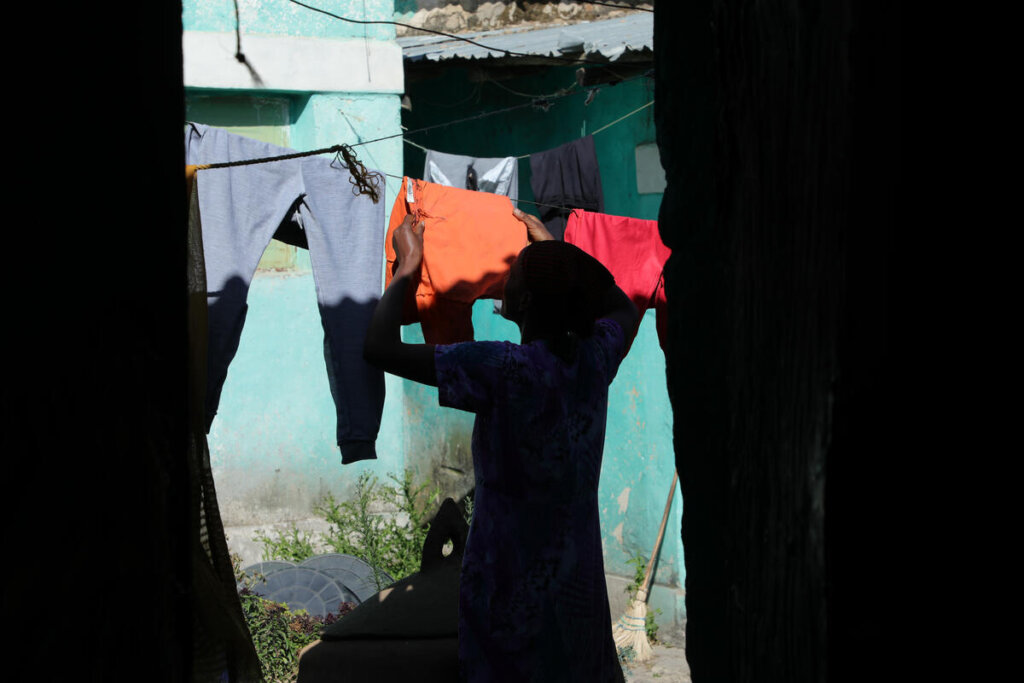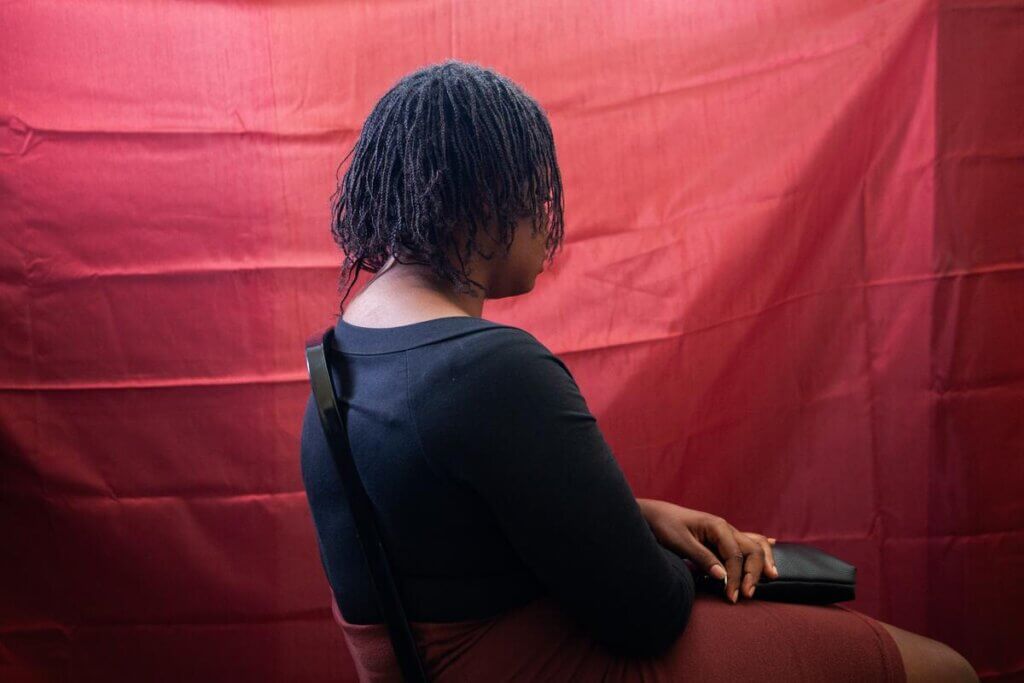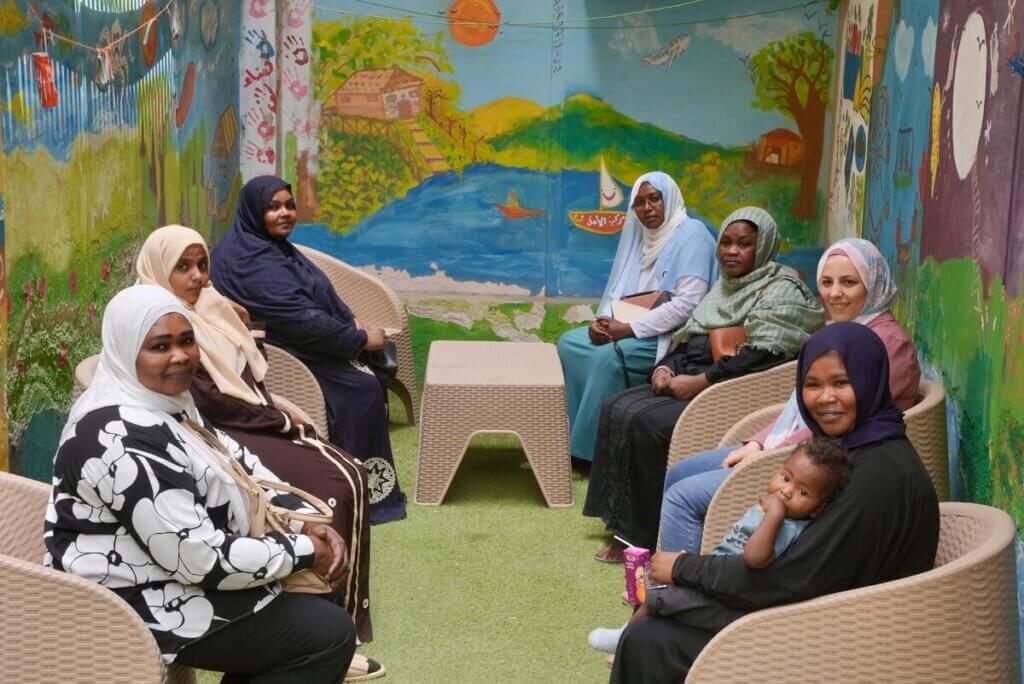Every 11 Minutes: The Epidemic of Femicide

Last month, Ugandan marathoner Rebecca Cheptegei competed in the Paris Olympics. This month, she died at the hands of her ex-partner.
According to news reports, Cheptegei’s former boyfriend doused Rebecca with gasoline and set her ablaze as she was returning from church with her two daughters. She suffered from her burns for several days before her death.
We are deeply devastated to hear this heartbreaking update on Rebecca Cheptegei. Here is part of what our Executive Director Dr. Kanem said of the tragedy (if you would like to read the full statement, you can do so here):
“UNFPA strongly condemns the violent murder of Olympic athlete Rebecca Cheptegei by her ex-partner. We mourn her passing and extend condolences to her family and loved ones.
Rebecca’s death brings into focus the scourge of violence that women around the world are subjected to, often from those they should trust most.“
Tragically, Rebecca Cheptegei’s murder was not the first case of femicide, and it will not be the last. In the last three years, two other female Olympians have also been killed just 70 miles from where Cheptegei passed. Globally, femicide rates are among their highest on record.

Femicide: By the numbers
Every 11 minutes, a woman or girl is killed by a loved one. In 2022, this metric summed to 89,000 women and girls being intentionally killed. Of those killed, 48,800 of them were murdered at the hands of their intimate partners or family members.
Femicide is a horrifying reality of gender-based violence that claims the lives of too many. Femicide (also sometimes spelled feminicide), is defined as the intentional killing of a woman or girl with a gender-related motivation. Femicide may be driven by motivators such as stereotyped gender roles, discrimination towards women and girls, unequal power relations between women and men, and harmful social norms.
Despite efforts to end violence against women, rates of femicide remain shockingly high. In 2022, even when the rate of global homicides decreased, the rate of femicide increased. And as with many statistical trends, femicide disproportionately affects women and girls who face a multitude of intersecting vulnerabilities.
For example, indigenous women in Brazil are at heightened risk of being victims of femicide. Between 2016 and 2021, rates of femicide in Brazil increased by 44%, with one woman dying from femicide every seven hours. In the Amazonas, more than 20% of all murders committed against women were cases of femicide.
In Africa, 20,000 women were killed by intimate partners or family members in 2022. In Kenya, where Rebecca Cheptegei and two other Olympians were murdered, Femicide Count Kenya have totaled at least 500 victims of femicide since 2016, with 152 femicides in 2023 alone. The Kenyan government itself does not collect figures on women murders.

Ending Violence Against Women
As the leading United Nations agency for sexual and reproductive rights, ending all forms of violence against women is at the core of our work. In order to achieve this goal, we work directly with survivors of violence, communities, and governments to enact change at every single level.
Thanks to supporters like you, we reach survivors of violence and women and girls that we have identified as being vulnerable to violence, no matter what. We provide survivors with resources such as clinical treatment for rape, legal aid, mental health counseling, and we offer a place in our safe houses to survivors and vulnerable people alike. In 2023, we supported 1,690 safe spaces for women and girls.
In communities, we work with community elders, religious leaders, men and boys to raise awareness about women’s rights. We work to deconstruct harmful misogynistic stereotypes and show leaders the true harm of practices such as female genital mutilation and child marriage. We also help build capacities to respond to incidents of gender-based violence in communities.
At the government level, we are working with our international partners to get governments to adopt policies that safeguard women’s health and rights while furthering gender equality. We are currently supporting programs in more than 150 countries and territories to end violence against women.